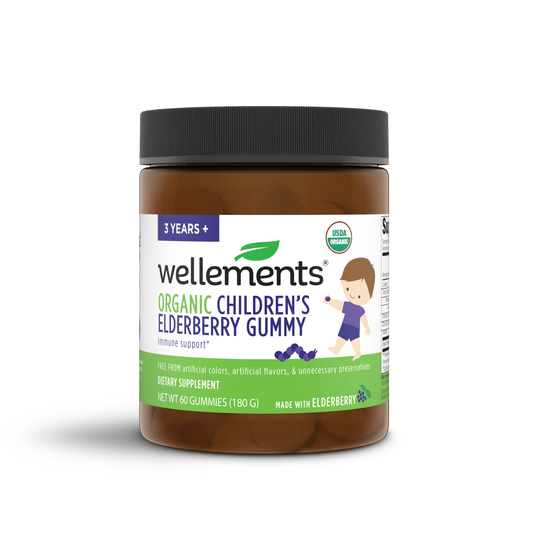Understanding Parental Burnout: What Is It & How To Cope
| updated:Share
Parental burnout happens to parents all around the globe, though parents from countries that are more individualistic (such as Euro-American countries) seem to be particularly susceptible to the condition. This may be because parents in these countries deal with very high parenting expectations.
Here are a few things you should know about parental burnout, how to recognize it if it happens to you, and how to treat it. The parent who is prepared for parental burnout and knows how to deal with it may deal with the condition more favorably than the parent who has never heard of it before.
What Is a Parental Burnout?
First identified in the 1980s by Isabell Roskam and MoÏra Mikolajczak (Belgian psychology researchers), parental burnout can be described as an exhaustion syndrome. It is typified by feelings of being mentally and physically overwhelmed by the responsibilities of parenthood.
Parenthood is not a new thing, and all times and cultures have gone through it. Without parenthood, society as we know it would not exist. But parental burnout seems to be growing in frequency in recent years, and it may be because of increased stress associated with parenthood (particularly in Western countries).
4.6 /
5.0
(41)
41
total reviews
Newborn Bundle
Sale price
$72.00
The rise in parental burnout could also be partially due to child overprotection, more intensive parenting, loss of pleasure in the parental role, and emotional distancing from children. Whatever the case may be, it’s crucial to recognize symptoms of parental burnout so you can take steps to treat them. It’s also important to realize that parental burnout can happen to anyone. It is not something to be ashamed of. Society places enormous pressures and expectations on parents, which can lead to excessive stress and impossible-to-reach expectations. Be gentle with yourself and give yourself credit for doing your best.

How It Feels
Parental burnout is like eating guilt, shame, and exhaustion sandwich. In other words, it feels pretty crummy. Here are some of the most common reported symptoms of parental burnout:
- Feelings of inescapable distress
- Persistent and total exhaustion (physical, emotional, or both)
- Frequent and severe mood swings
- Inability to cope with the pressures of life and parenthood
- Feelings of chaos
- Intense guilt and shame
- Alternating between loving and disliking your children
- Anxiety and stress
If you experience these feelings, realize you are dealing with something normal, and don’t be too hard on yourself. There are things you can do to treat your condition and help yourself return to normal.
How To Treat Parental Burnout
Treating parental burnout isn’t too complicated. Here are some things you can do to get a handle on your feelings to get back to being a calm and involved parent.
- Talk about what is going on. You may feel like keeping your feelings inside because you feel ashamed, but discussing how you are feeling with your spouse, another adult, or a professional is essential.
- Make small changes to minimize stress in your life. Even scheduling carpools with neighborhood parents, offloading some of your daily chores onto your kids or your partner, or reframing your difficulties as challenges you can overcome can all help minimize stress.
- Take small breaks throughout the day. Sit in your car for a minute if you need to escape your responsibilities for a moment. Take a bath if you need a few minutes to unwind. Small breaks can go a long way toward boosting your mental health.
- Find meaning and gratitude in life. Focus on the positive things and list the people and things you’re grateful for every day.
Sources:
https://link.springer.com/article/10.1007/s42761-020-00028-4
https://www.theguardian.com/lifeandstyle/2021/sep/08/parental-burnout-how-juggling-kids-and-work-in-a-global-pandemic-brought-us-to-the-brink



